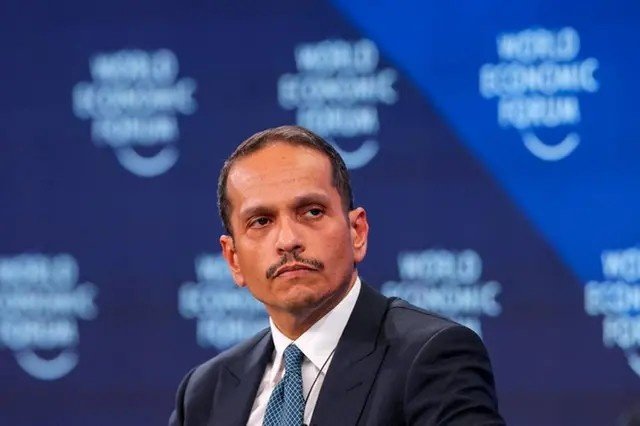Facing foreign currency shortages and bureaucratic hurdles driving startups abroad, Egypt is introducing tax-free zones designed to support tech entrepreneurs and attract regional investors. The government’s initiative offers simplified regulations, customs exemptions, and fast-track licensing to encourage startups—especially in AI, fintech, and software exports—to establish headquarters within designated free zones.
The General Authority for Investment and Free Zones (GAFI) announced that startups in the service sector can now benefit from full customs and tax exemptions, streamlined business registration, and access to support services such as legal, consulting, and marketing firms. The zones cover roughly 9,000 square meters dedicated to fostering growth and international expansion.
Inspired by successful models in the UAE, Bahrain, and Morocco, Egypt aims to position itself as a regional tech hub. Free zones provide companies with economic advantages, including reduced taxes, easier import-export processes, and less bureaucracy—key factors that can lower operating costs and boost competitiveness.
GAFI CEO Hossam Heiba emphasized the urgency of meeting startup needs with faster document processing and international market access. “We are also collaborating with the EU, Saudi Arabia, and Morocco to support Egyptian startups’ expansion and avoid double taxation,” he said. A new online fast-track registration system now enables entrepreneurs to establish single-person companies within two hours, a drastic improvement over Egypt’s traditionally slow setup.
Despite funding challenges, Egyptian startups have shown resilience, raising $61 million in Q1 2025—a 15.1% increase from the previous year—with logistics and e-commerce leading investments.
Experts stress that tax incentives alone won’t suffice. Dr. Heba Medhat Zaki, Director of the Egypt Center for Entrepreneurship and Innovation, noted that true success requires going beyond fiscal breaks to attract and retain companies. Rafiq Dalal, co-founder of Intercap Capital, added that integrating venture capital, mentorship, and easing regulations is crucial to preventing startup migration.
Economic analyst Ahmed Khattab highlighted that lower import-export costs enabled by free zones will enhance startups’ global competitiveness, signaling a promising outlook for Egyptian tech firms.
GAFI plans to propose a new law establishing “financial and business zones” to attract venture capital funds. While this marks a bold step toward rivaling regional tech centers, the initiative’s impact will depend on effective implementation and ongoing government support. For now, the challenge remains: will Egypt’s startups embrace the opportunity to grow at home?















